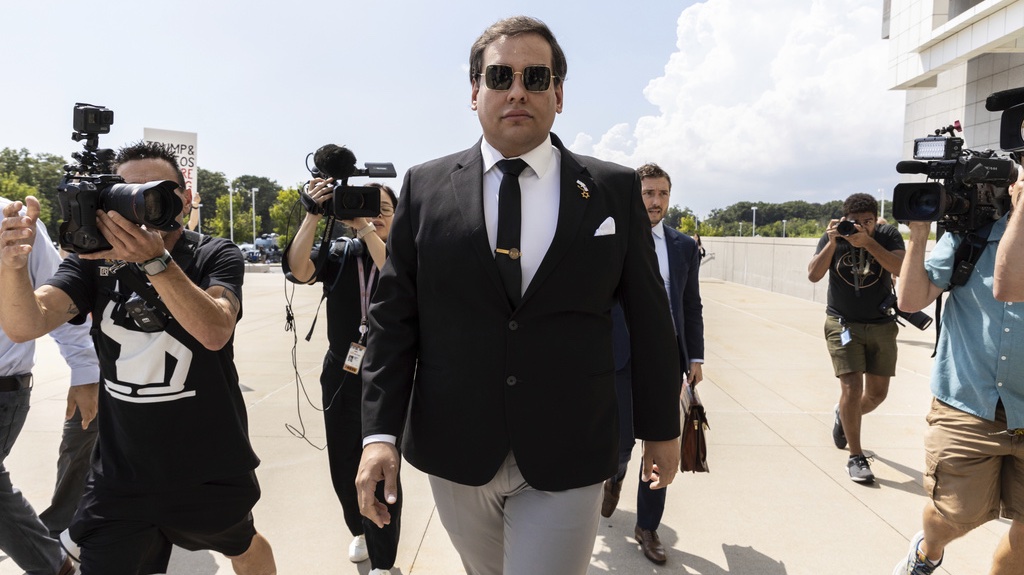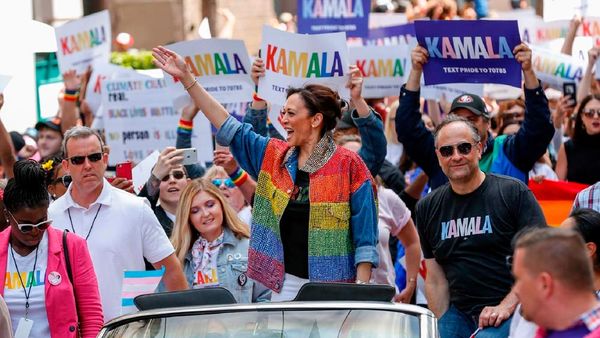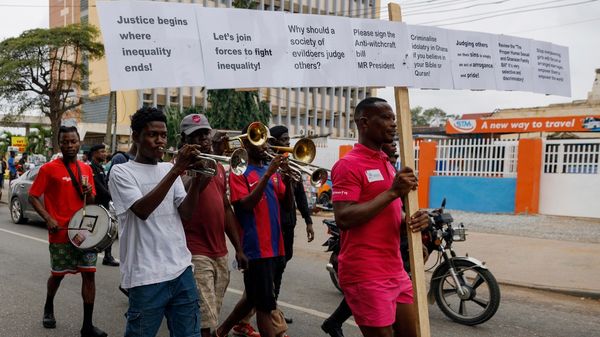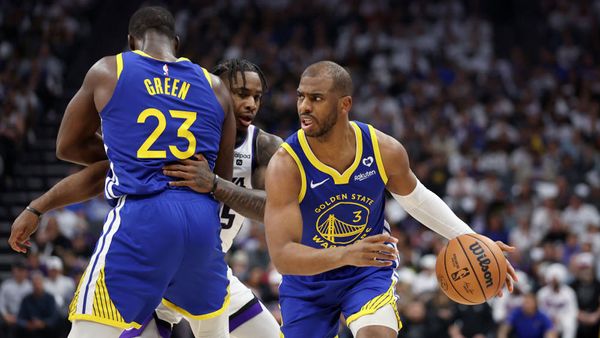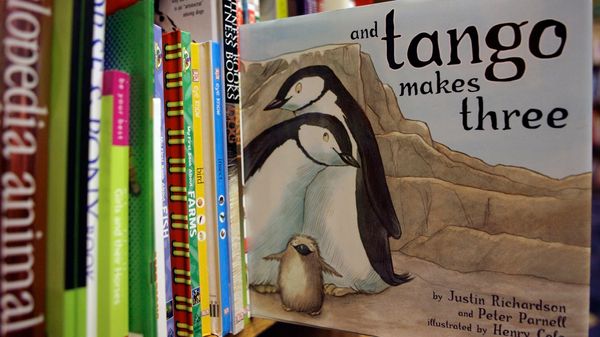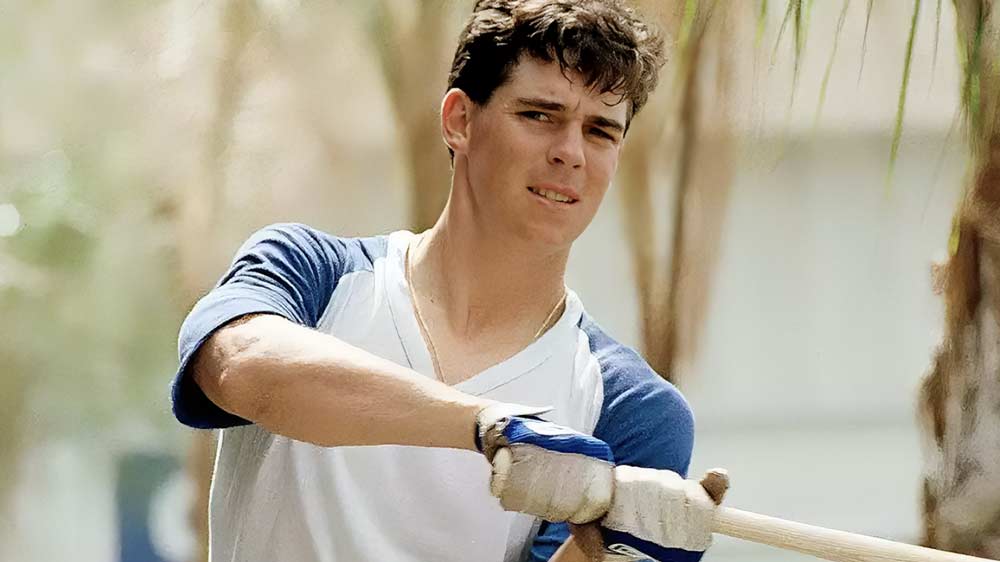
Aug 7
Trailblazing Out Baseball Player Billy Bean Dies at Age 60
Kilian Melloy READ TIME: 3 MIN.
Billy Bean died of acute myeloid leukemia at age 60, according to a post at X (formerly Twitter) by Major League Baseball (MLB), People magazine reports.
Bean was the second MLB player to come out (after Glenn Burke), publicly embracing authenticity in a 1995 interview four years after he retired from professional baseball. Bean went on to serve the sport as MLB's Senior Vice President for Diversity, Equity, and Inclusion, the MLB noted in its post, as well as serving as Special Assistant to the Commissioner.
(NOTE: Billy Bean is not the same person portrayed by Brad Pitt in the movie "Moneyball." That was Billy Beane, who was general manager of the Oakland As.)
Bean was also known as the MLB's Ambassador for Inclusion.
"Over the last 10 years, Billy worked passionately and tirelessly with MLB and all 30 Clubs, focusing on player education, LGBTQ inclusion, and social justice initiatives to advance equality in the game for all," the MLB tweet recounted.
"Billy's 10-year playing career included six Major League seasons with the Tigers, Dodgers, and Padres," the tweet went on to recall, before adding: "Commissioner Rob Manfred called Billy 'one of the kindest and most respected individuals I have ever known' and someone who 'made Baseball a better institution, both on and off the field'."
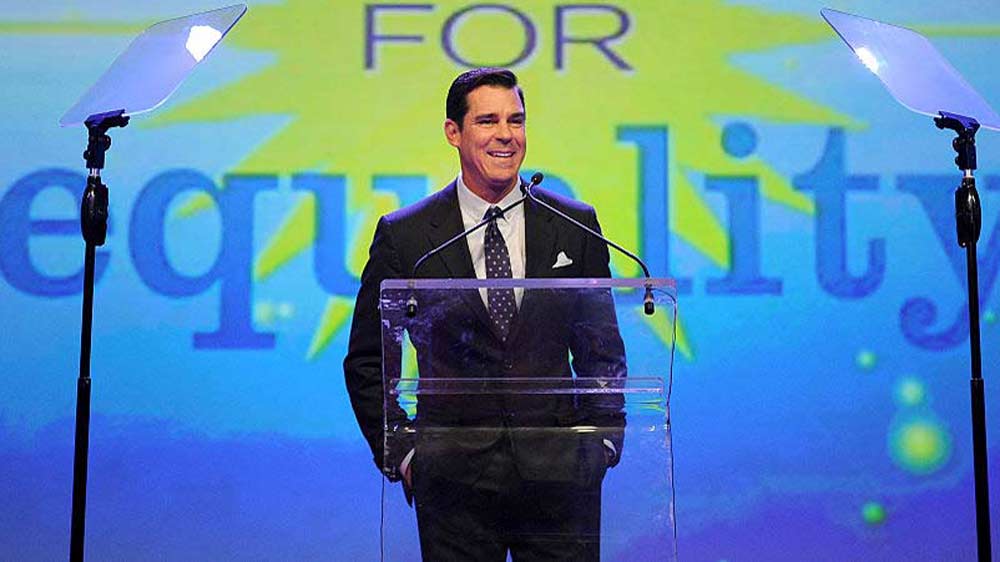
Source: D Dipasupil/Getty Images for PFLAG
Bean had been married to a woman in his younger years, but he found that deep connection was missing from the relationship and began to explore his genuine sexuality in the early 1990s.
''Something was just drawing me to that other side,'' People Magazine quoted him as explaining to the New York Times, before adding that when it came to intimacy with women, "something was missing, even with my wife. I wasn't fulfilled."
Added Bean in that interview: "I was looking for a soul mate, someone I could let my guard down with. I only found that with men.''
After divorcing his wife, Bean became involved with a man named Sam. Bean's career was still ongoing, and the two kept their relationship tightly under wraps. "I lived 20 miles from the stadium to keep people from that casual drop-by," People recalled Bean saying in an interview a decade ago. "My partner had faith that everyone would be fine with it, but I didn't," Bean went on to say. "The double life was exhausting."
Even when Sam died from AIDS-related complications in 1995, Bean kept the relationship quiet and stayed in the closet. He told People that he "thought the world would stop spinning if I came out."
All of that changed after Bean retired from the sport in 1995, People detailed. He came out in interviews and wrote a memoir that put his truth right in the title: "Going the Other Way: An Intimate Memoir of Life In and Out of Major League Baseball."
"Bean told PEOPLE in 2014 that he realized he wanted to use his platform in a larger way after meeting Judy Shepard, whose son Matthew was murdered in 1998 in an antigay attack," the entertainment outlet detailed.
"She said, 'Matthew would've loved you, and he loved baseball'," Bean told People at that time. "I realized there's a responsibility. Sports can help people to become more accepting. I feel I've been a part of that, and I'm proud of it."
The sports icon made similar comments in a 2001 interview with the Los Angeles Times, telling that newspaper, "I've learned making an impact on someone's life is more important than a lifetime .300 batting average," People relayed.
Added Bean: "The more positive role models that people see, the less sensational the whole idea of diverse sexuality becomes."
Kilian Melloy serves as EDGE Media Network's Associate Arts Editor and Staff Contributor. His professional memberships include the National Lesbian & Gay Journalists Association, the Boston Online Film Critics Association, The Gay and Lesbian Entertainment Critics Association, and the Boston Theater Critics Association's Elliot Norton Awards Committee.
